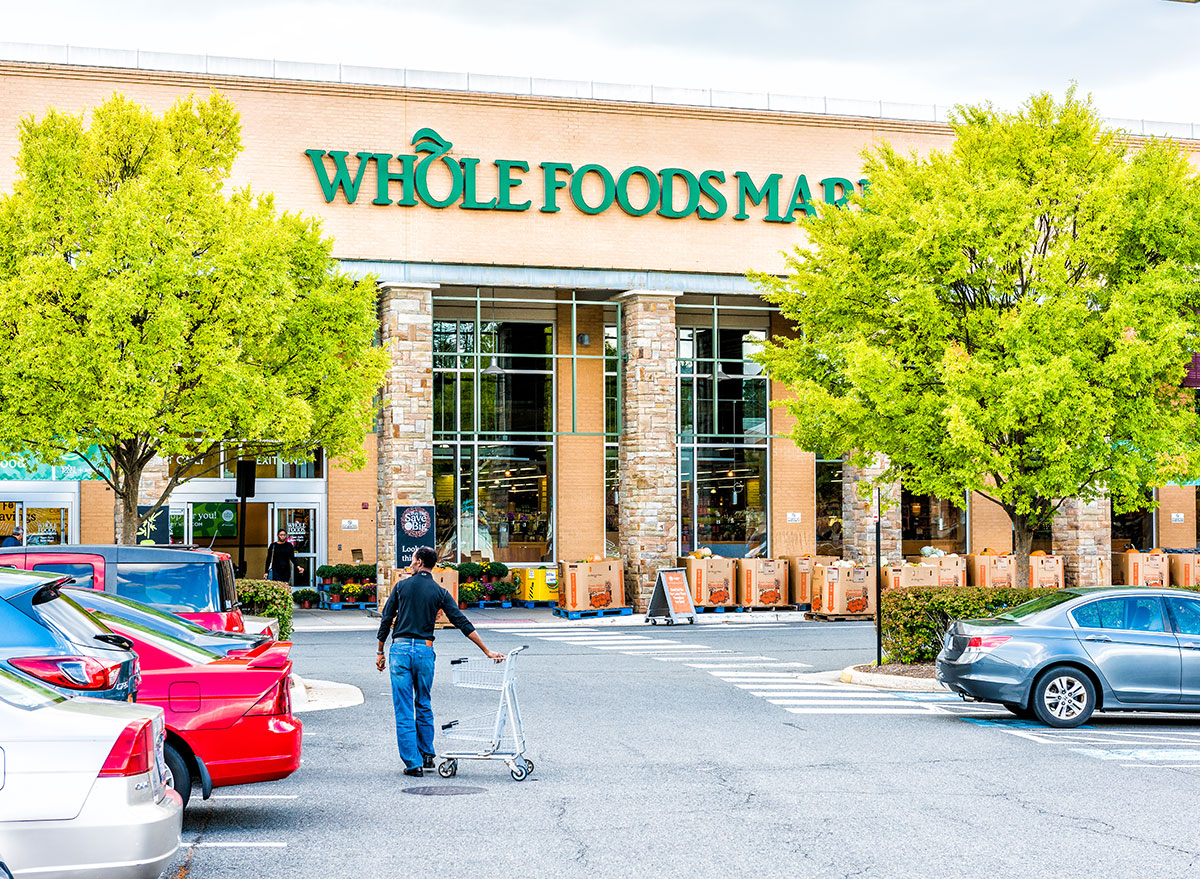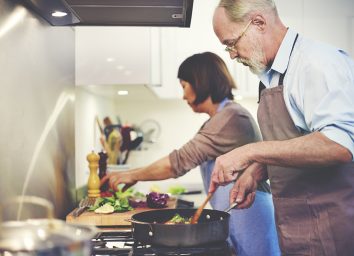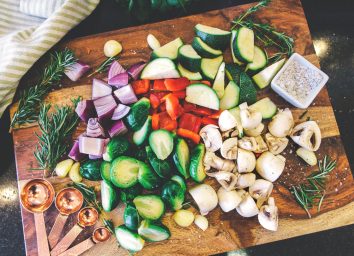Whole Foods, Amazon, and InstaCart Workers Planning to Strike

While many have had the relative luxury of working from home during the coronavirus outbreak, there are a number of hourly workers who have no choice but to go into their workplace. Employees at Whole Foods, Amazon and InstaCart are now threatening to strike, or stage a “sick out” in protest of what they feel are unsafe working conditions.
Other than heroic healthcare workers on the frontlines at medical facilities, the other heroes are the day-to-day and often hourly wage workers at grocery stores and online delivery services and retailers who are still fulfilling food and supply orders. The US economy is teetering on the brink of disaster due to social distancing and self-quarantine, but ordering items from, say, Amazon, and ordering food delivery are really the last vestige of the suddenly fragile consumer economy.
However, employees at a few of these companies are expressing concerns that their safety and wellbeing are being overlooked amidst the potentially deadly public health risk brought about by the coronavirus.
The epicenter for the Amazon strike is at a fulfillment warehouse in Staten Island, New York, while InstaCart is facing a nationwide strike. As NPR reports, the workers at Amazon and InstaCart are asking for a variety of changes, which include paid sick time (and not just for those who have tested positive for Covid-19).
Amazon workers are asking for better warehouse cleaning, while InstaCart workers are asking for disinfectant wipes, hand sanitizer, and a pay increase for the health risks they are taking by showing up to work.
Amazon has continued consistent service through the coronavirus outbreak, despite numerous cases hitting their company. NPR reports:
Workers at Amazon’s Staten Island facility have said that multiple people at the warehouse have been diagnosed with COVID-19. Some of them plan to walk off the job on Monday to pressure the company to close the warehouse for an extended deep cleaning.
At Amazon, which employs some 800,000 people, workers have diagnosed positively for COVID-19 in at least 11 warehouses, forcing a prolonged closure of at least one warehouse in Kentucky. The company says it has “taken extreme measures to keep people safe,” including allowing unlimited unpaid leave time for employees who feel uncomfortable working.
Employees at Whole Foods are reportedly planning on Tuesday, March 31, to strike in protest of what they call a lack of protection offered to workers during the coronavirus pandemic. Vice reports:
On March 31, Whole Foods employees will call in sick to demand paid leave for all workers who stay home or self-quarantine during the crisis, free coronavirus testing for all employees, and hazard pay of double the current hourly wage for employees who show up to work during the pandemic.
“COVID-19 is a very real threat to the safety of our workforce and customers,” Whole Worker, the national worker group that is organizing the “sick out” wrote in a statement. “We cannot wait for politicians, institutions, or our own management to step in to protect us.”
A number of Whole Foods workers across the country have tested positive for Covid-19, and as Vice reports, “in each of these locations, the stores have remained open, leading some employees to charge that Whole Foods has failed to prioritize their safety during a period of record sales for the company.”
Whole Foods became a subsidiary of Amazon when the massive retailer purchased the high-end grocery chain in the late summer of 2017. It is not clear how just how universal either of these work stoppages will be, or if they will be localized to a few stores and facilities.
READ MORE: 7 Tips for Safe Grocery Shopping Amid Coronavirus Concerns








